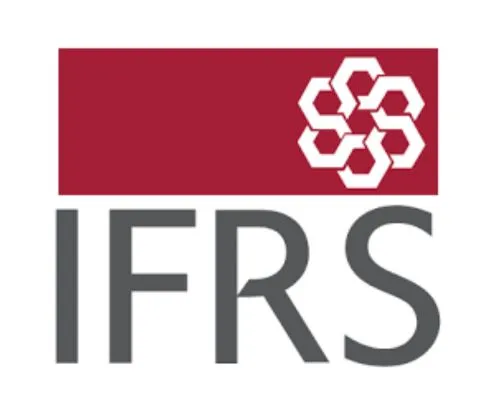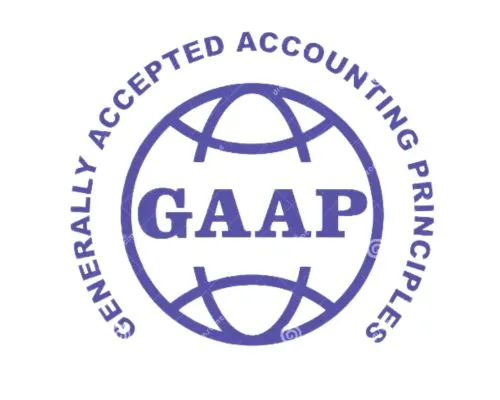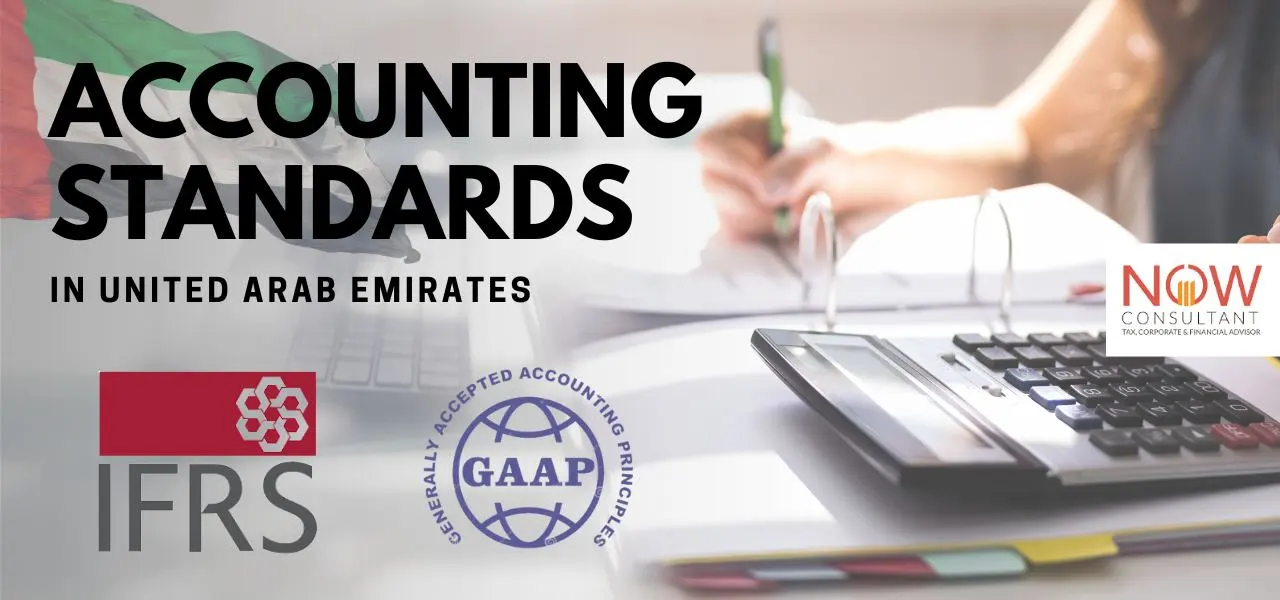Dubai is a dynamic global business hub that attracts numerous companies across diverse industries to establish their operations within its vibrant landscape. For multinational financial management from the UAE, it is imperative that businesses effectively monitor their expenditures.
Like enterprises worldwide, organizations operating in Dubai must ensure meticulous maintenance of accurate financial records and compliance with specific accounting norms. With sound accounting principles, businesses can successfully enhance transparency for stakeholders and meet governmental auditing obligations.
This article explores the accounting standards landscape in the UAE, shedding light on the key frameworks, regulatory bodies, and initiatives aimed at harmonizing financial reporting practices.
What are Accounting Standards?
Accounting standards are guidelines, principles, and rules that dictate the arrangement and display of financial records. These guidelines facilitate a universal framework for enterprises to employ while crafting financial statements and conducting cross-company financial analyses. By following accounting standards, businesses can ensure their financial statements’ accuracy, transparency, and consistency.
Types of Accounting Standards Accepted in UAE:
1. International Financial Reporting Standards (IFRS):
International Financial Reporting Standards (IFRS) serve as a universal language for financial management, facilitating standardized and transparent financial reporting across the globe. In order to fulfillment of this requirement, the International Accounting Standards Board (IASB) laid the foundations of International Financial Reporting Standards (IFRS) as the universal accounting framework.

By adhering to IFRS guidelines and preparing accurate financial statements, companies can provide stakeholders with reliable information for effective decision-making and foster trust in their financial management practices.
IFRS Financial Reporting In The UAE
In the United Arab Emirates (UAE), IFRS plays a crucial role in financial reporting. IFRS ensures that companies and businesses registered on the Dubai Financial Market, NASDAQ Dubai, or the Abu Dhabi Securities Exchange are complying with international practices. It outlines a detailed process for accountants, promoting accuracy and consistency in recording financial information. Companies adhering to IFRS in the UAE generate financial records using the accrual method of accounting, which captures transactions when they occur, regardless of when the cash is received or paid.
Legal Information In IFRS
Embedding legal information within IFRS guidelines is essential for ensuring compliance and consistency. Article 4 of the applicable accounting standards stipulates that taxable persons shall apply IFRS for corporate tax purposes. Organizations that are liable to taxation and with income not more than AED 50,000,000 have a chance to implement the International Financial Reporting Standards formulated for small and medium-sized enterprises
Components of Financial Reporting In The UAE Based on IFRS
The main components of IFRS Financial Reporting in the UAE encompass the Income Statement, Cash Flow Statement, Balance Sheet, and Equity Statement. Mandatory IFRS accounting standards are followed in Dubai, ensuring uniformity and transparency. Prominent accounting enterprises in Dubai deliver professional solutions and counsel on financial matters.
IFRS enjoys global recognition and is preferred for financial reporting. Within the realm of IFRS, the compilation of financial statements encompasses various components such as the Balance Sheet, Income Statement, Equity Statement, and Cash Flow Statement.
2. Generally Accepted Accounting Principles (GAAP)
Essential principles known as Generally Accepted Accounting Principles (GAAP) are vital in addressing ambiguity and accounting correctness in corporate accounting management. These accounting norms form the bedrock of authorized accounting methodologies established by the Financial Accounting Standards Board.

GAAP encompasses companies’ fundamental principles, criteria, and methodologies companies adopt to formulate and present financial statements. These guiding principles guarantee uniformity, comparability, and openness in the financial reporting practices of diverse organizations. By adhering to GAAP, businesses can provide accurate and reliable financial information to investors, creditors, and stakeholders.
Importance of GAAP In Corporate Accounting
The significance of GAAP in corporate accounting cannot be overstated. It establishes a standardized framework that ensures uniformity in financial reporting practices. This uniformity enables stakeholders to make informed decisions based on consistent and comparable financial data. GAAP assists enterprises in effectively portraying the financial position and operational performance of their business through the presentation of comprehensive financial statements.
Implementation of GAAP In Accounting Services
Implementing GAAP in accounting services requires comprehensive adherence to its principles and guidelines. Accounting professionals must accurately manage balance sheets, identify revenue sources, classify items appropriately, and estimate financial information for public disclosure. Thorough accounting services are necessary to ensure compliance with GAAP and maintain the integrity of financial reporting.
Legal Information In GAAP
In the United Arab Emirates (UAE), accounting regulations are aligned with international accounting standards and practices. The UAE Commercial Companies Law No 2 of 2015 mandates applying these international standards when preparing financial accounts. Previously, compliance with internationally accepted accounting practices, interpreted as International Financial Reporting Standards (IFRS), was required. Notably, the UAE does not have its own local GAAP.
Cash Basis of Accounting:
Accounting is essential to any business, providing a systematic way to record and track financial transactions. One accounting method commonly used, especially by small businesses, is the cash basis of accounting. This approach entails the recognition of revenue and expenses upon receipt or disbursement of cash payments. It focuses on the money flow rather than when transactions or invoices are issued. Following this approach, revenue is registered upon cash receipt from sales, while expenses are recorded upon cash disbursement.
Cash Basis Accounting in Dubai
Cash basis accounting is a simplified method of maintaining financial transparency and accuracy in Dubai. Understanding the accounting regulations in Dubai and adhering to the financial reporting standards is essential for using cash basis accounting. In specific circumstances outlined in Article (20) of the Corporate Tax Law, enterprises can adopt the cash basis of accounting for financial statement preparation.
This provision applies, for example, when the business’s revenue does not surpass AED 3,000,000. This revenue threshold allows small businesses to use the cash basis accounting method, aligning with their operational needs and resources.
Compliance with these guidelines ensures businesses meet legal and regulatory requirements while presenting accurate financial information.
Advantages of Utilizing Cash Basis Accounting
The utilization of cash basis accounting presents numerous benefits, rendering it a favored selection for specific enterprises.
- Firstly, it is simple and easy to use, making it suitable for sole proprietors and small businesses needing more accounting resources.
- Furthermore, under cash basis accounting, tracking accounts receivable and accounts payable becomes unnecessary, streamlining the record-keeping process.
- Moreover, businesses without inventory find cash basis accounting particularly convenient as it focuses solely on cash movement.
Conclusion
To summarize, observing accounting standards and principles holds immense significance for enterprises conducting operations in the United Arab Emirates, with Dubai no exception. By implementing sound accounting practices, organizations can effectively monitor their expenditures, promote transparency among stakeholders, and fulfill mandatory auditing obligations imposed by the government. The implementation of Ministerial Decision No. 114 of 2023 by the Ministry of Finance underlines the significance of accounting standards in UAE.
Embracing the adoption of International Financial Reporting Standards (IFRS) guarantees uniform and transparent financial reporting practices throughout the UAE. While cash basis accounting offers simplicity, GAAP provides a rule-based framework for financial reporting. Understanding these differences allows businesses to choose the accounting method that best suits their needs and aligns with legal requirements and international standards.









